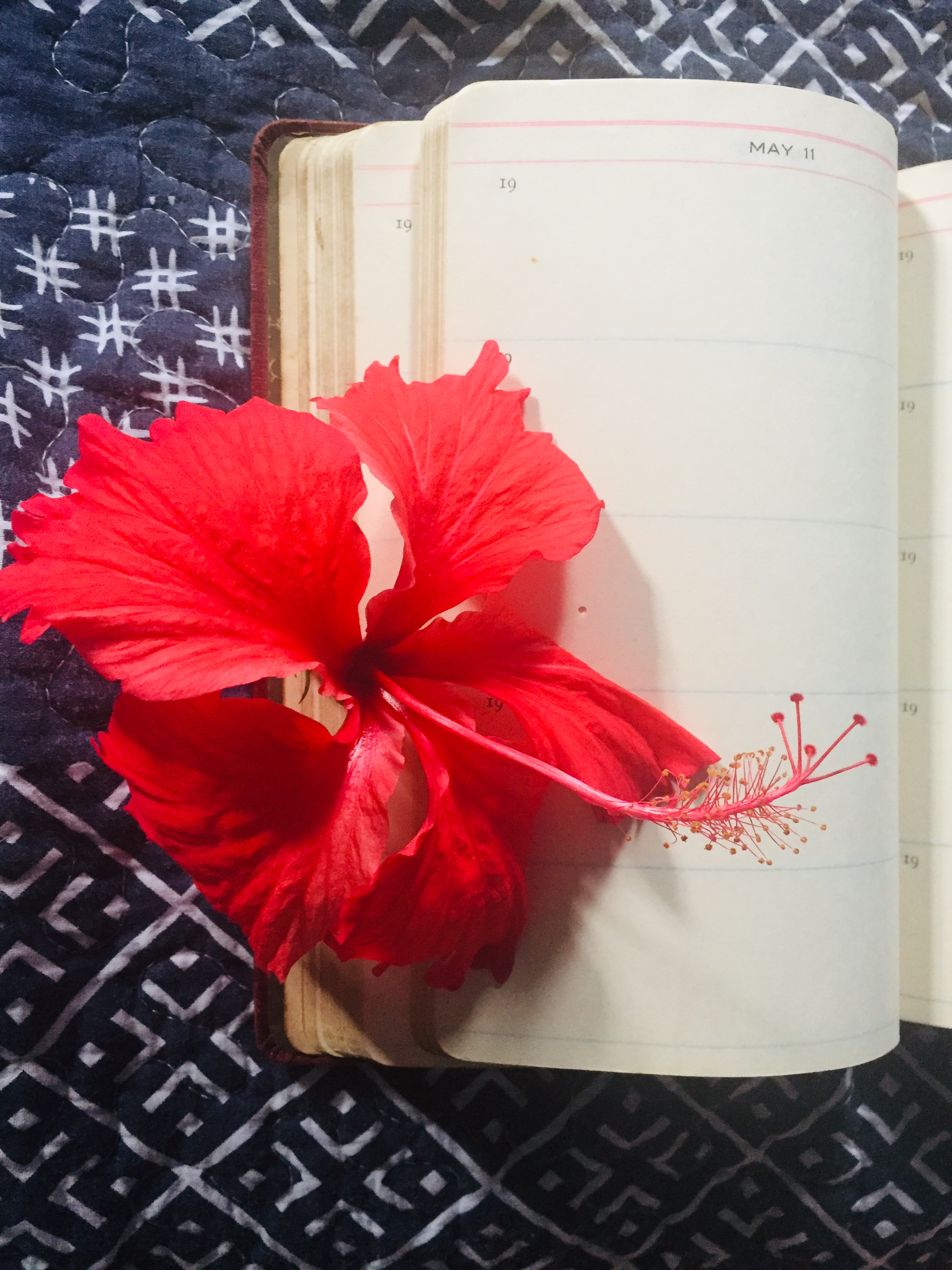Yesterday was the birthday of our first National Hero, Marcus Mosiah Garvey. I wrote a few thoughts on the matter on my blog here. Many books have been written about this towering figure, short in stature but “tallawah,” who has influenced many a black consciousness movement and many an individual, too. The power of his words, and actions lit a spark for the Nation of Islam, the Harlem Renaissance, Pan-Africanists such as George Padmore, reggae artists such as Burning Spear and Bob Marley, and the civil rights movement in general. To name but a few!
I want to highlight one slim self-published book compiled and edited by a journalist, opinion maker, thinker and former head of the Farquharson Institute of Public Affairs. His name was Ken Jones. On Garvey’s birthday 17 years ago I purchased a copy at Liberty Hall, and Mr. Jones signed it.

Ken Jones, who passed away in July, 2015, was a passionate Garveyite. He was a man of strong beliefs and was not afraid to challenge the status quo or ruffle some feathers. He always wanted to make people think – really think. I believe these words of Marcus Garvey applied directly to Ken’s own beliefs:
I appeal to you to use your intelligence to work out the real things of life. The time you waste in levity, in non-essentials, if you use if properly you will be able to guarantee to your posterity a condition better than you inherited from your forefathers.
In an article I wrote in 2015, I described Mr. Jones as “one of my favorite Jamaicans: thoughtful, feisty, argumentative, and above all in love with his country and its people.” This could equally apply to Mr. Garvey.

This compilation by Ken Jones is divided, rather usefully, into sections on different topics. It is remarkable how many aspects of our lives Garveyism speaks to – from Capitalism to Labour, from Education to Religion, from Poverty and Power to Peace. There is also a section with the Manifesto of the People’s Political Party, founded by Garvey in 1929, much of it far-reaching.
As the author notes in his Introduction, some of Garvey’s words need to be read in the context of the times. His views on such personal issues as women, love, and the “loose morals” of young people seem somewhat reactionary. In some ways, he was “old-fashioned” and conservative in 21st century terms. In almost every other sense, however, he was a radical – and brutally honest, with it…
What we (Jamaicans) lack is self-help and self-reliance…We expect too much from the State. As a people we are always blaming someone else or the State for the lack of progress; but I swear it by God that it is the people who have kept back themselves.
Garvey spoke these words in 1915. Fast forward 104 years, and how apposite they seem! Garvey did not “sugar coat” his words. Why should he? Black people the world over needed a “wake-up call,” in his view. He wasn’t one to make excuses.

I also love the photos in Ken Jones’ book. There is Amy Jacques Garvey listening to the radio with her two sons, Julius and Marcus Jr. There is Amy again on horseback, on a sight-seeing tour with her husband in Colorado Springs, in 1922. There were some interesting comments yesterday from Latoya West-Blackwood (her Twitter handle is @garveygirl and that of distinguished Garvey scholar Rupert Lewis is @gbgandad) observed:
I feel personally connected to #AmyJacques the more I read. She attended my old school Wolmer’s Girls at a time when less than 2% of Black people in Jamaica had access to high school education. I’m also inspired by her work in publishing. There’s no shortage of material and we are still blessed with bright minds and Garvey scholars who can provide first hand accounts. The story of Amy Jacques is one I would be personally interested to tell via film with the help of @gbgandad. She is grossly underrated.
Please, someone take Latoya up on this offer!

I will close with another quote from Ken Jones’ book. After all, Mr. Garvey must have the last word – this time, on Unity, in 1934:
The Jews have a code, the Mohammedans have a code, and every other group seemingly has a code, from which they seldom depart, so as to be able to achieve the greatest good, especially through united action. We need it in our business life, in our social life, in our political life, and as we have always said, in every phase of our activities.






